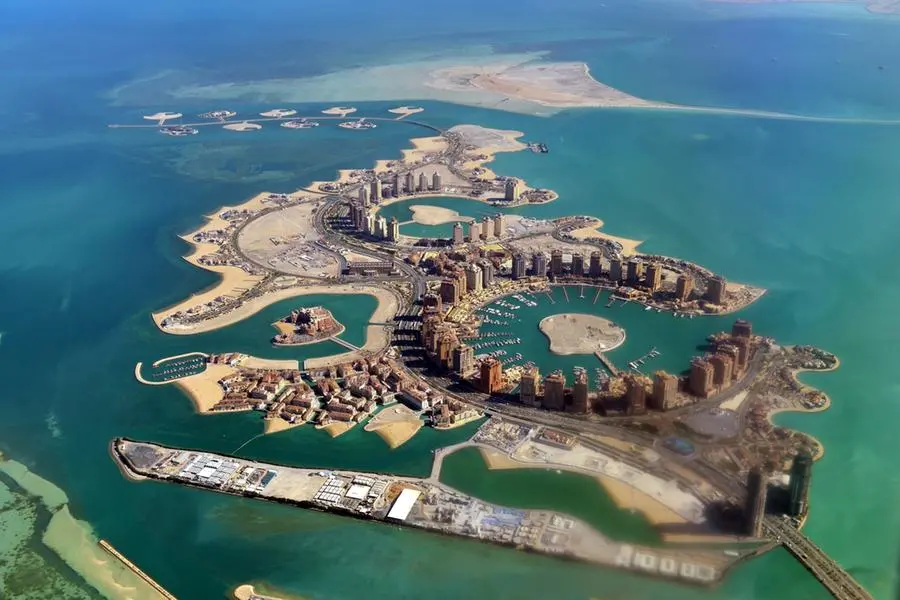$3.8 billion trade figure between Qatar and Thailand in 2023 is more than just an economic milestone; it is a testament to the calculated alliance between two nations seeking to enhance their influence on the global stage. Behind the numbers lies a power play, where economic ties are merely the surface of a deeper strategic maneuvering.
For Qatar, Thailand is not just a trade partner but a gateway into Southeast Asia, a region ripe with opportunity and influence. The energy-rich Gulf state, aware of the shifting dynamics in global trade, sees Thailand as a foothold, a means to project its power beyond the Middle East and into the heart of one of the fastest-growing regions. Meanwhile, Thailand, with its eye on energy security and access to lucrative Middle Eastern markets, understands that aligning with Qatar enhances its standing within ASEAN, positioning it as a key player in global trade networks.
This trade relationship, while seemingly based on mutual economic benefit, is a strategic dance. Each side is calculating the long-term advantages of this alliance, ensuring that they emerge not just as partners but as key influencers in their respective regions. For Qatar, the trade relationship secures its relevance in Asia’s economic landscape. For Thailand, the partnership solidifies its energy security and opens doors to greater influence in the Gulf region.
In the world of diplomacy, trade is never just about goods and services—it is about power, control, and positioning for future dominance.
The trade volume between Qatar and Thailand reached $3.8 billion in 2023, according to the Thai Ambassador to Qatar. This significant figure reflects the growing economic ties between the two nations, with both countries benefiting from increased collaboration in various sectors, including energy, tourism, and infrastructure development.
Qatar, as a key supplier of liquefied natural gas (LNG), plays a vital role in Thailand’s energy strategy, while Thailand’s exports to Qatar have grown steadily in areas such as electronics, food products, and automotive parts. The bilateral relationship has strengthened through mutual investments and a shared commitment to enhancing trade.
Both nations have expressed optimism about the future of their economic partnership, with plans to further expand trade and investment in the coming years. Thailand’s strategic location within ASEAN and Qatar’s energy dominance make the partnership a vital component of their respective growth strategies.
This rise in trade is expected to pave the way for even closer ties, with both countries exploring additional avenues for cooperation in sectors such as technology, education, and sustainable development. As the global economic landscape shifts, Qatar and Thailand are positioning themselves as key partners in regional and international trade

